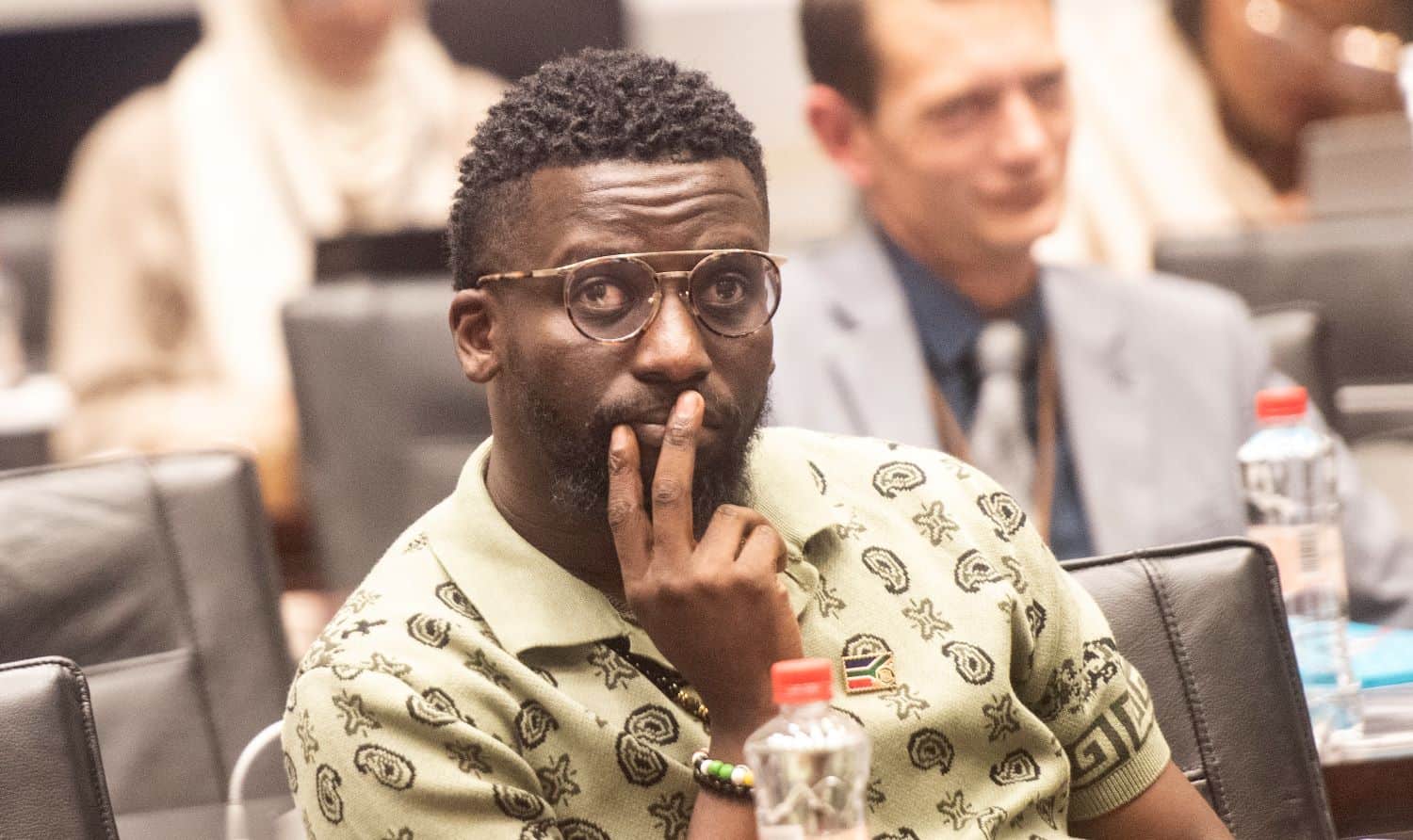
Patriotic Alliance (PA) MP Ashley Sauls diverged from his colleagues’ sentiments on Wednesday when he agreed with Police Minister Senzo Mchunu’s decision to disband the political killings task team (PKTT).
The Parliamentary Ad Hoc Committee inquiry into alleged corruption and political interference in the criminal justice system continued at Good Hope Chambers, where Sauls kicked off the day.
Sauls’ initial line of questioning appeared to paint a picture of another tough day for Mchunu, with the MP further casting doubts on the minister’s relationship with Brown Mogotsi.
However, his final sentiments were that the minister was right to disband the PKTT, urging him to stand by his 31 December 2024 directive.
Mchunu’s directive to disband the PKTT has been a point of contention, with other MPs having previously questioned the timing of the letter and whether it was his prerogative to issue such a directive.
Is PKTT adding value?
In his directive, Mchunu said he had observed that “further existence of this team is no longer required, nor is it adding any value to policing in South Africa.”
Sauls focused on whether the minister stood by this observation.
“When we consider the PKTT, the extension requests, the budget increases, even though the staff complement decreases. For example, the initial request covering six months, September 2019 to March 2020, asked for R57.1 million for a team comprising 152 members.
“By 2021- 2022, they asked for R97 million, but the staff complement decreased from 152, for which they asked R54 million, to 110 members, and now they’re asking for R97.5 million. Minister, is that them having added value to Saps in South Africa as a whole?”
ALSO READ: Mkhwanazi told the public ‘something twisted’, Mchunu tells parliament
In March, Lieutenant-General Dumisani Khumalo told the portfolio committee on police that since its inception on 5 July 2018, the PKTT has dealt with 333 dockets of cases, including 134 cases that were reported between 2011 and June 2018 before its commencement.
Other cases include 171 murders, 50 attempted murders, 79 intimidation, 9 conspiracy to commit murder and 24 other cases.
Khumalo said R415 million had been spent on the team since 2018.
Sauls: ‘No value added’
The budget of the PKTT and extensions of its terms were Sauls’ main point of contention, arguing that the money could have been better spent elsewhere.
“The priorities are not adding up. What I found is that the evidence shows that when you measure the impact and the value added to the South African Police Service, South Africa as a whole, there is very minimal value, except for high budgets that are not even on investigations, but rather spent on protection, laundry and all of that,” said Sauls.
ALSO READ: ‘Don’t make me feel guilty, I’m not guilty,’ Mchunu tells parliament
“So I’ve come to the conclusion, minister, that based on the evidence, what you have written in your directive, based on what I’ve discovered on the evidence, was correct. Not just futuristically, but also looking back, there has been grave misuse.
“Don’t worry, minister, about your position. Don’t even worry about public opinion. Stand by your conviction. I look at your evidence. I compared it to what was given before. This is what I conclude. And whether the whole of South Africa hates me for doing it, I stand by my conviction.”
Mchunu: ‘I wasn’t calculating’
Mchunu testified in parliament that there were several reasons that led to his decision to disband the PKTT, with budgetary constraints being one of them.
He said, however, his call was for all murders to be prioritised and not just those of political figures, as those have decreased while other murders have increased in KwaZulu-Natal.
He said the decrease in political killings was proof that the PKTT did add value to policing in the country. This was no longer the case.
“I’m saying so at the beginning, because at that time, you had a problem of killings, as the problem was
identified, and it added value in the sense that there was a decrease in the cases,” said Mchunu.
“You can always have a concern about what money was getting into that and so on, as I’ve indicated.
But generally, that’s my view, that at the beginning they added value, and they were a factor in
the decrease, although not the whole effect.
“The view that I share is that they added value despite those figures, because I wasn’t calculating, I mean, I’m not necessarily basing it on a case-by-case and rent for rent, but generally the view that I share was that they did add value at the beginning.”
READ NEXT: Political killings task team ‘nothing more than a terror group’, millions spent on it ‘disgraceful’



